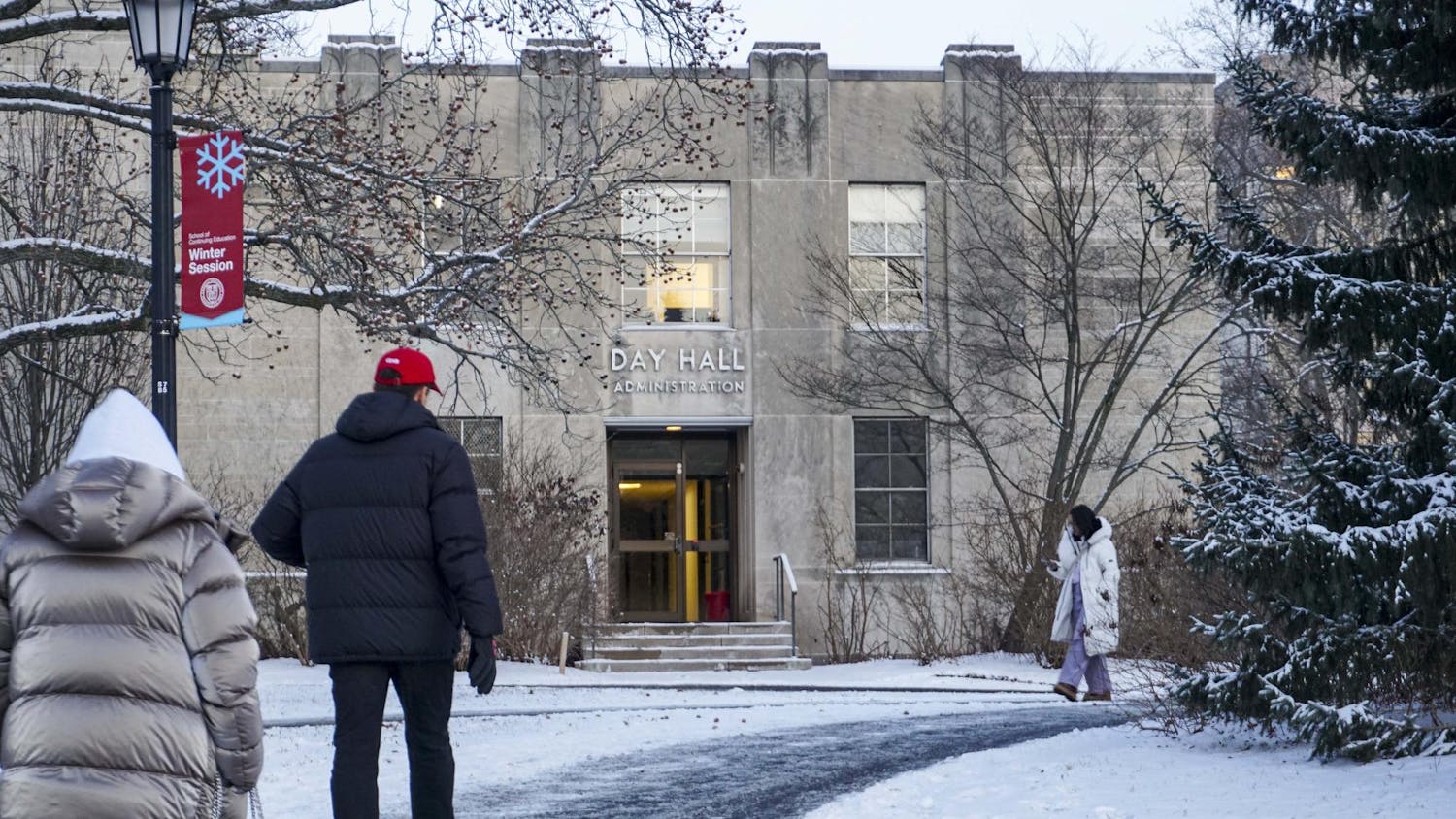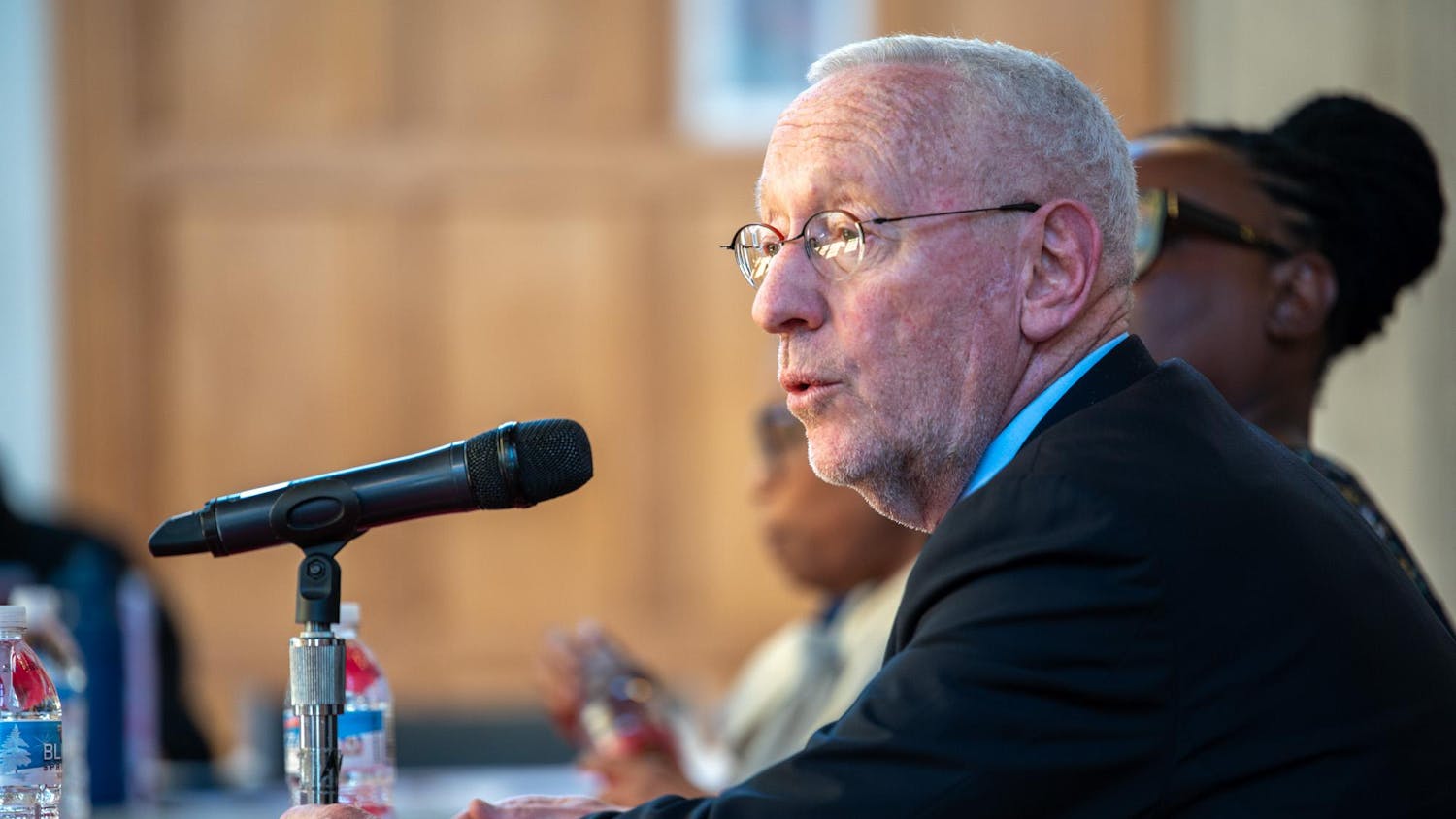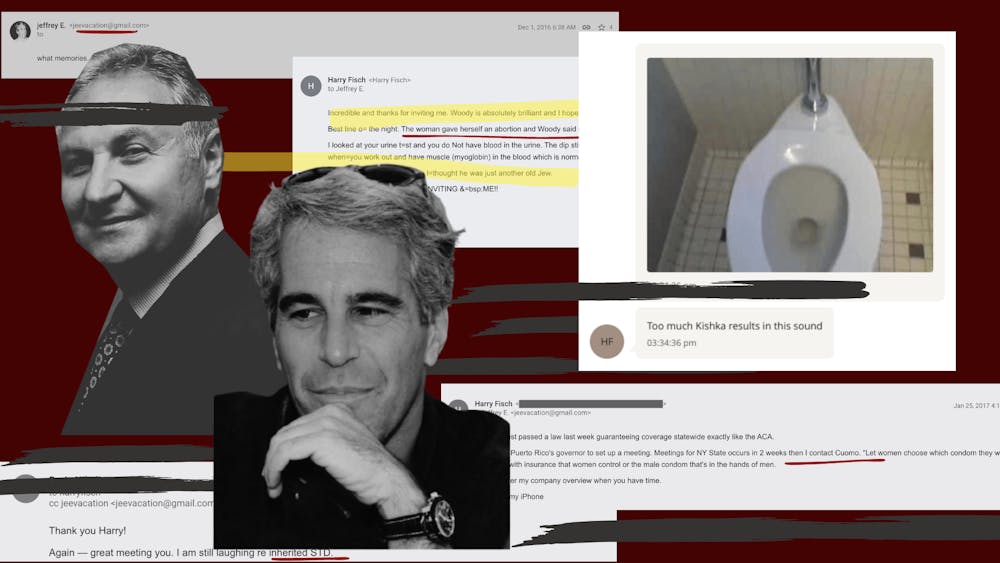Rep. Josh Riley (D-N.Y.) has introduced the Healthy Poultry Assistance and Indemnification Act, a bipartisan bill that supports family farmers by mitigating the financial toll of avian flu outbreaks and stabilizing grocery prices.
The bill comes as counties across Upstate New York battle the spread of Highly Pathogenic Avian Influenza — also known as bird flu — a disease that poses a serious financial risk to poultry farmers. The virus spreads rapidly among birds, requiring farmers to cull entire flocks to prevent further outbreaks, which can result in massive losses in production and supply chain disruptions. Even farms without confirmed infections face financial consequences, as those within designated control zones are placed under restrictions that can prevent them from restocking flocks or selling poultry products for months.
Under current regulations, only farms with confirmed positive cases receive compensation from the U.S. Department of Agriculture, leaving neighboring farms that are affected by restrictions without aid. The proposed legislation would expand eligibility, ensuring all impacted farms receive financial relief.
“When a crisis hits, we can’t leave family farmers behind while big corporations drive up your grocery prices and their profits,” Riley wrote in a press release. “I’m proudly leading this bipartisan effort to ensure that when avian flu strikes, every affected farmer gets the support they need to keep their businesses running and keep prices down.”
Currently, the Animal and Plant Health Inspection Service offers financial assistance to poultry farms with flocks that are officially designated as affected, suspected or exposed to bird flu. Under the current system, farms located in federally designated control areas often do not qualify for compensation if their flocks remain uninfected. They are, however, still required to comply with strict movement restrictions and operational limitations, which can lead to significant financial strain.
David Fisher, president of the New York Farm Bureau, underscored the importance of timely indemnity payments.
“The provision of indemnity payments to poultry growers and layers located in control areas adds a much-needed layer of protection for these farmers,” Fisher wrote in a press release. “When situations like HPAI arise, it’s critical that farmers not only get compensation pay, but that they receive it on a timely basis.”
The bill has already gained bipartisan backing in both chambers of Congress, with an identical version introduced in the Senate by Chris Coons (D-D.E.) and Roger Wicker (R-M.S.). It has also received strong endorsements from agricultural organizations, including the New York Farm Bureau Federation, The National Chicken Council and the United Egg Producers.
“We have not received any opposition from organizations or lawmakers at this time,” wrote Kevin Porter, a spokesperson for Riley’s office, in a statement to The Sun.
Riley’s bill has drawn bipartisan support from both sides of the aisle, aligning with broader efforts to protect small and mid-sized farms. The initiative follows Riley’s first sponsored bill, which focused on lowering energy costs for low-income households.
The bill is expected to be debated in committee hearings in the coming weeks. If passed, the HPAIA could provide critical relief to New York farmers struggling to recover from avian flu outbreaks while preventing further price hikes for consumers, helping to stabilize food supply chains.
Isabella Pazmino-Schell ’28 is a Sun staff writer and can be reached at ivs5@cornell.edu.











